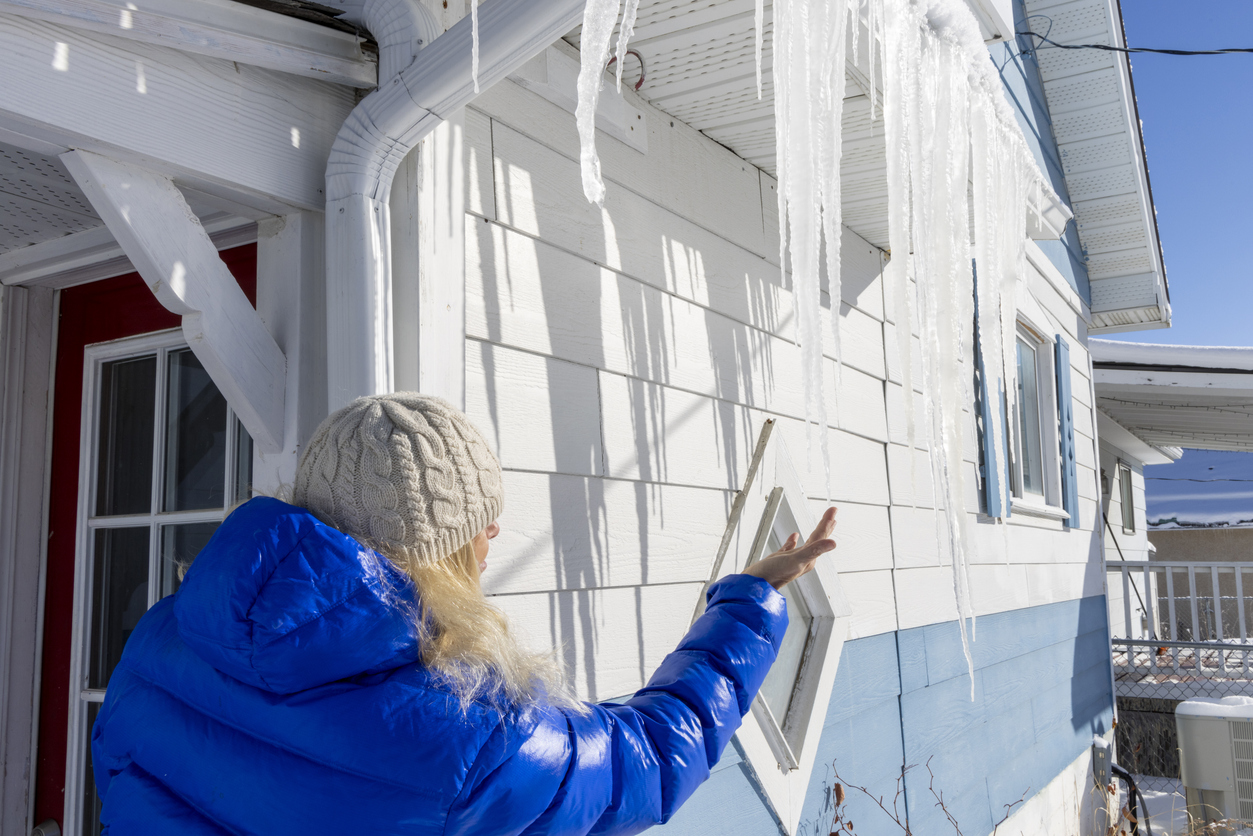National Flood Insurance claims are exacting. I watched and listened to the National Flood adjuster briefing yesterday afternoon. Most policyholders have no clue that National Flood claims are the most difficult property insurance claims to be correctly completed and that the insurance adjuster from National Flood has no authority. The field flood adjuster is merely an accommodation to the policyholders and is there to assist in making the claim. National Flood claims are draconian because of technicalities that are very difficult to fight.
As proof, there is pending Congressional legislation seeking to reform the National Flood claims handling process. A Press Release, Menendez, Cassidy Introduce Bicameral, Bipartisan Bill To Reform National Flood Insurance Program, noted:
Claims and Appeals Process Reforms Based on Lessons from Sandy. Fundamentally reforms the claims process based on lessons learned in Superstorm Sandy and other disasters, to level the playing field for policyholders during appeal or litigation, bans aggressive legal tactics preventing homeowners from filing legitimate claims, holds FEMA to strict deadlines so that homeowners get quick and fair payments, and ends FEMA’s reliance on outside legal counsel from expensive for-profit entities.
I recently wrote about these Congressional reform efforts before Hurricane Ian struck in Are Some Managers Running the National Flood Insurance Program Corrupt?:
Knowing that National Flood customers were relying upon National Flood’s own words to prove more monies were owed, National Flood administrators simply changed the manual to cheat its customers out of monies overwise owed. That is not right.
Congress should conduct an investigation and reform the National Flood Insurance Program. The Executive should “clean house” to get administrators who will demand integrity. It is obviously being run in part by those who look to shortchange policyholders by technical requirements and who will change the rules mid-stream to win at all costs.
The problem with the National Flood Program is that the claims handling is governed by hundreds of technical requirements. The claims executives and their outside counsel say they are “sorry for the harshness of the result, but we are bound by the letter of the federal law.” The National Flood Program needs an anti-technical claims provision that favors the citizens purchasing the product rather than technical loopholes for bureaucrats to avoid paying otherwise legitimate claims.
To be fair, National Flood adjusters did a great job of paying claims after Hurricane Katrina. We filed only a handful of flood lawsuits. That all changed with Superstorm Sandy when we represented hundreds of commercial, condominium, and residential policyholders with flood claims with disputes. Louisiana federal courts are still full of recent National Flood claims.
Hopefully, this will change. The tone and message from the flood administrators at yesterday’s briefing was to take care of the policyholders. My hope is that they will do so.
For my part, I am going to make my concerns known to our political leaders to change laws and reform the National Flood Program so these national flood regulators cannot harm Hurricane Ian flood victims under the guise of “following the law.”
Thought For The Day
If we desire respect for the law, we must first make the law respectable.
—Louis D. Brandeis




